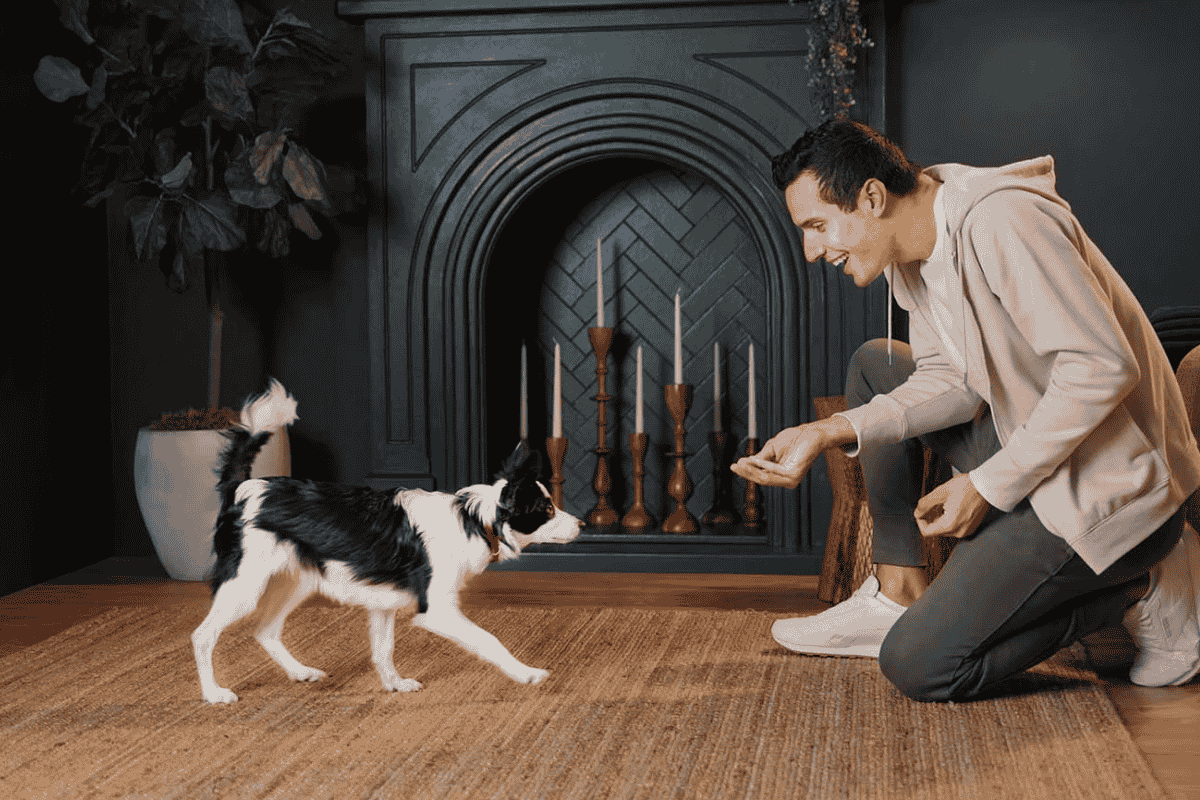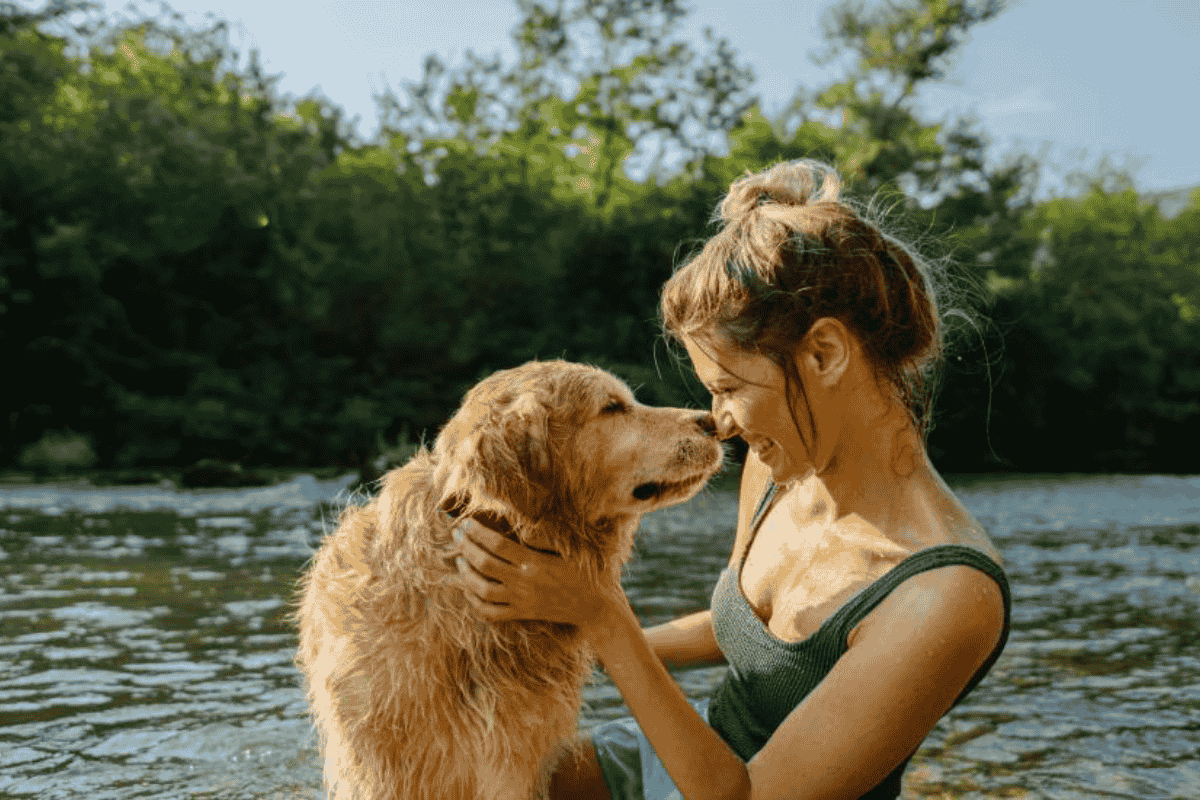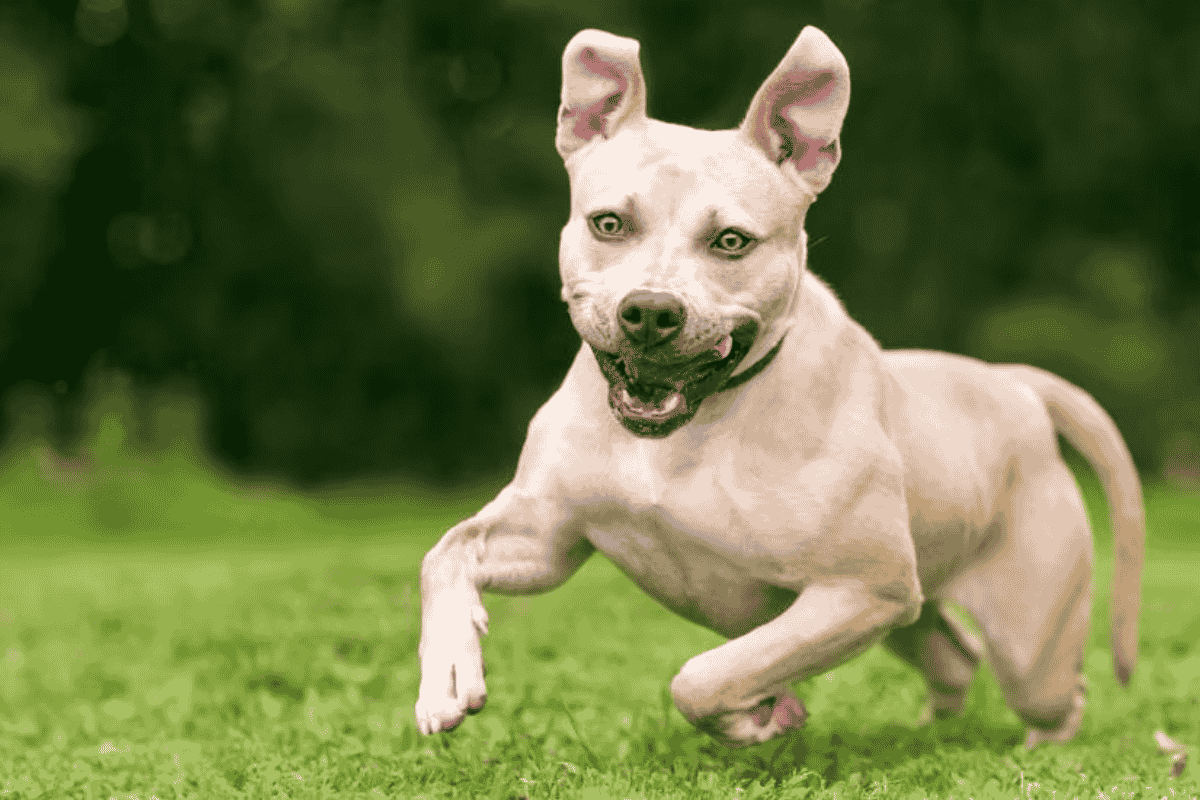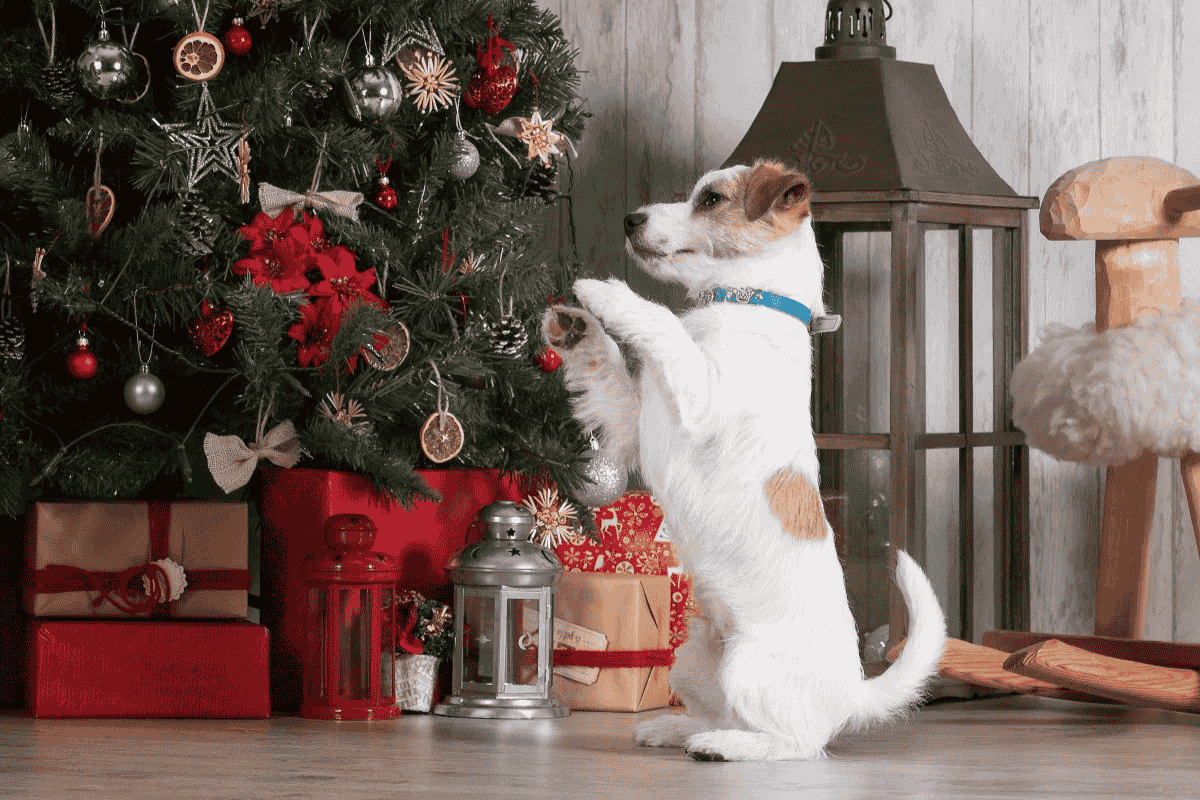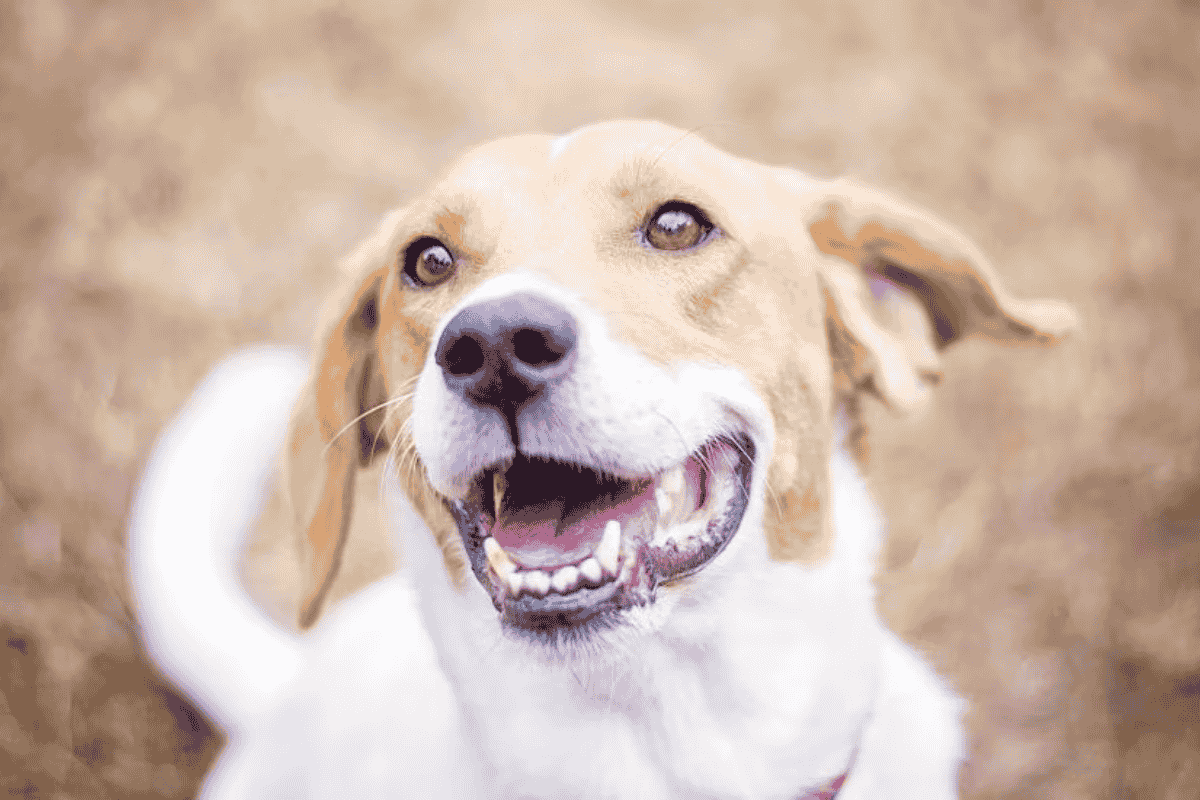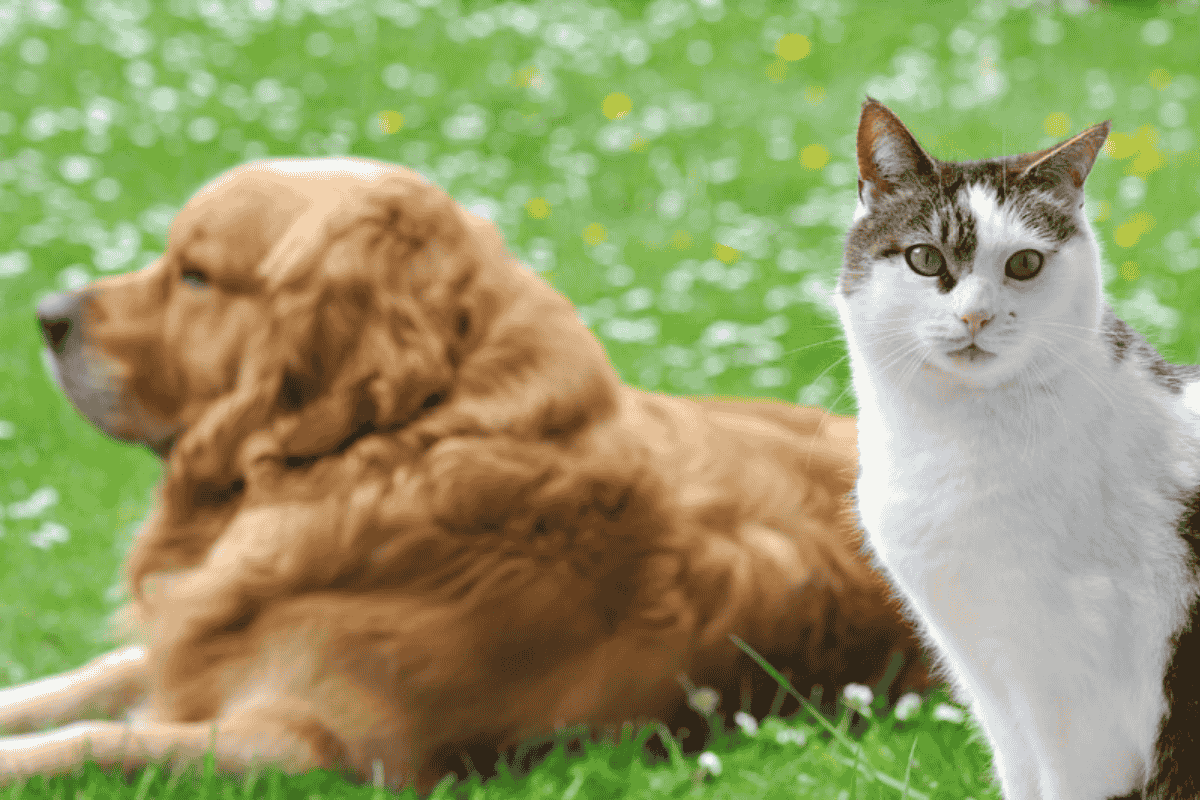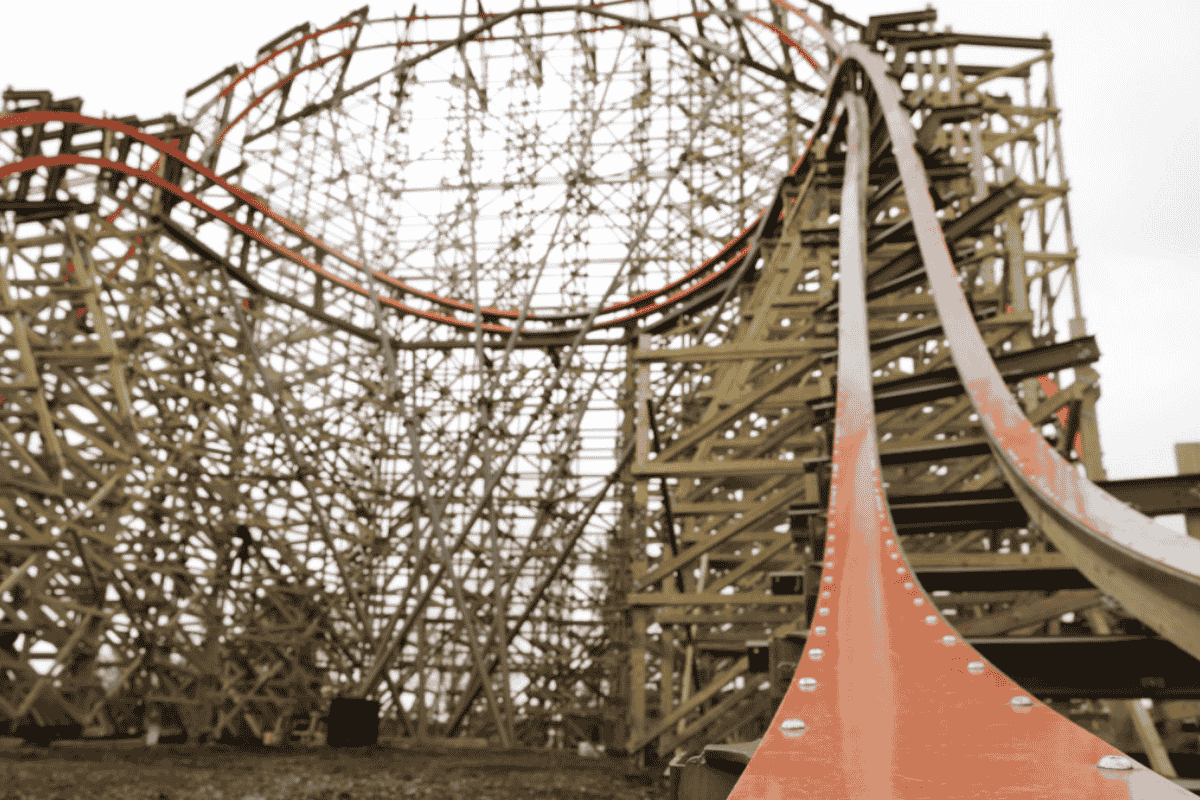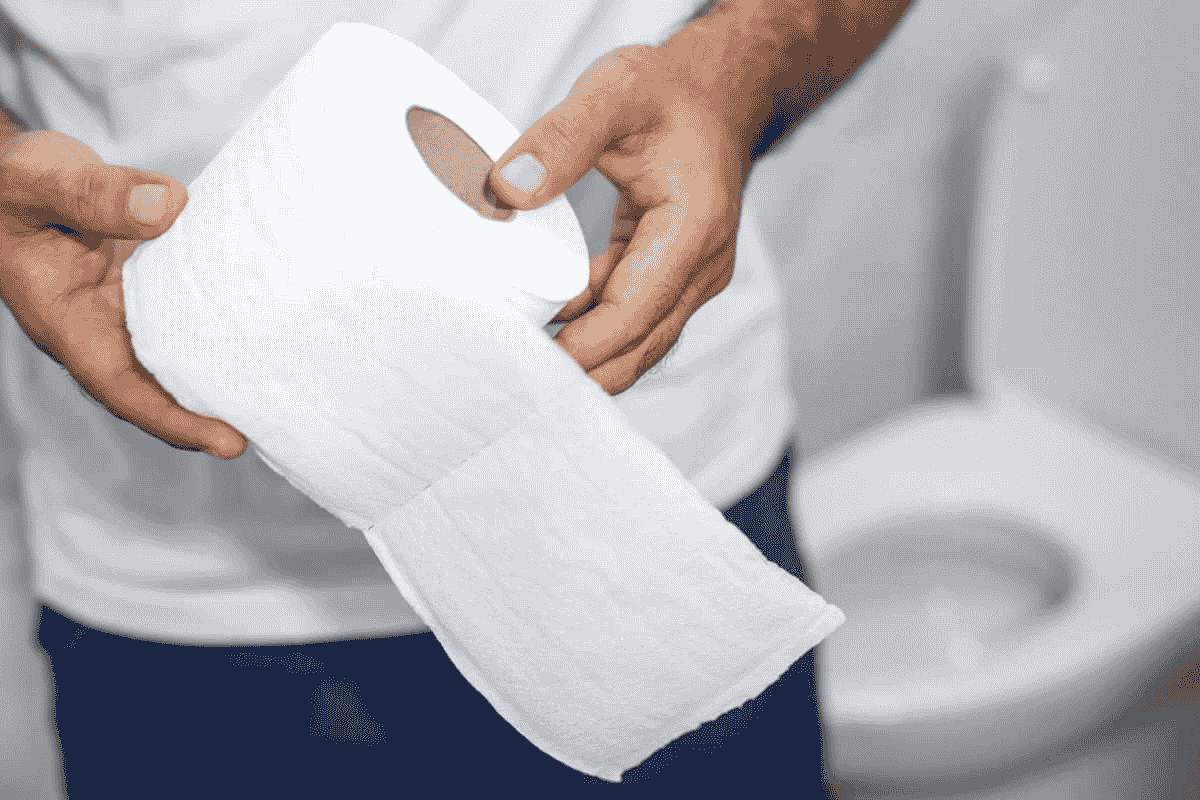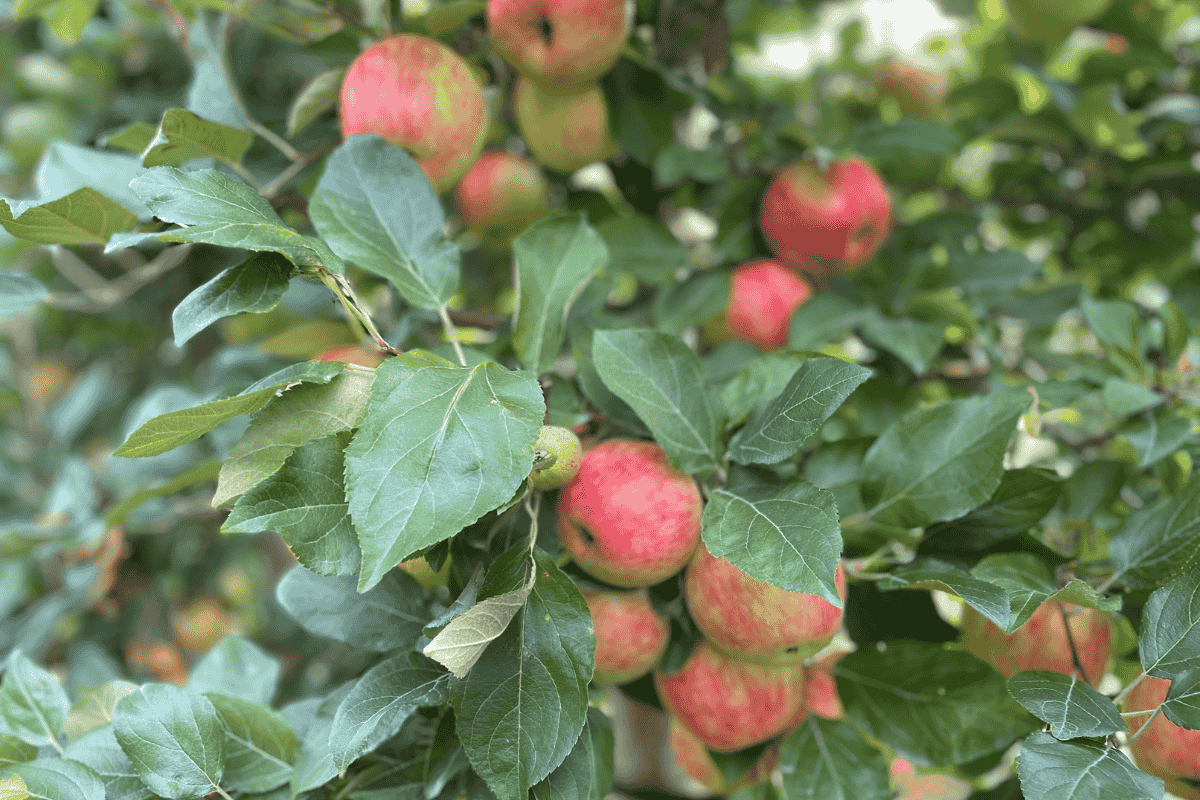A strong recall is one of the most important skills you can teach your dog. It keeps them safe in potentially dangerous situations and strengthens your bond. While recall training is straightforward, it requires consistency, patience, and plenty of positive reinforcement.
Step-by-Step Recall Training
1. Choose a Unique Recall Word
Select a word that is special and not overused, such as “here” or “come here.” Avoid using your dog’s name since it’s spoken often and won’t stand out as a recall cue.
2. Set Up for Success
Begin training in a quiet, distraction-free room. Have a partner help and keep plenty of tasty dog treats on hand.
3. Call Your Dog to You
Kneel down, say your chosen recall word once in a cheerful voice, and encourage your dog with clapping, whistling, or kissy noises if they seem confused at first.
4. Reward Immediately
The moment your dog reaches you, offer a treat and lots of praise. Positive reinforcement ensures your dog associates coming to you with something rewarding.
5. Repeat With a Partner
Let your partner call your dog back, rewarding them again. Alternate so your dog gets multiple repetitions with lots of reinforcement.
6. Keep at It
Practice until your dog is eagerly running back and forth between you and your partner, associating recall with fun and rewards.
Dog Recall Games
Making recall into a game helps your dog stay engaged and excited about training:
- Hide and Seek: Call your dog from another room and encourage them with noises until they find you. Reward generously.
- Backyard Practice: Transition to a safe, enclosed outdoor area. Use high-value treats since distractions are greater outside. A long training leash is helpful for safety and control.
Tips for Recall Training
- Start Young: You can begin recall training as early as 8 weeks old. The process is the same for puppies and adult dogs.
- Safety First: Never test recall off-leash in unfenced areas until your dog is highly reliable. Use indoor spaces, fenced yards, or long training leads.
- Stay Positive: Training should always feel like a game. Avoid frustration, and don’t punish your dog if they’re slow to respond.
- Be Consistent: Frequent, fun practice helps your dog master recall faster. Over time, they’ll reliably come when called, even in distracting environments.
